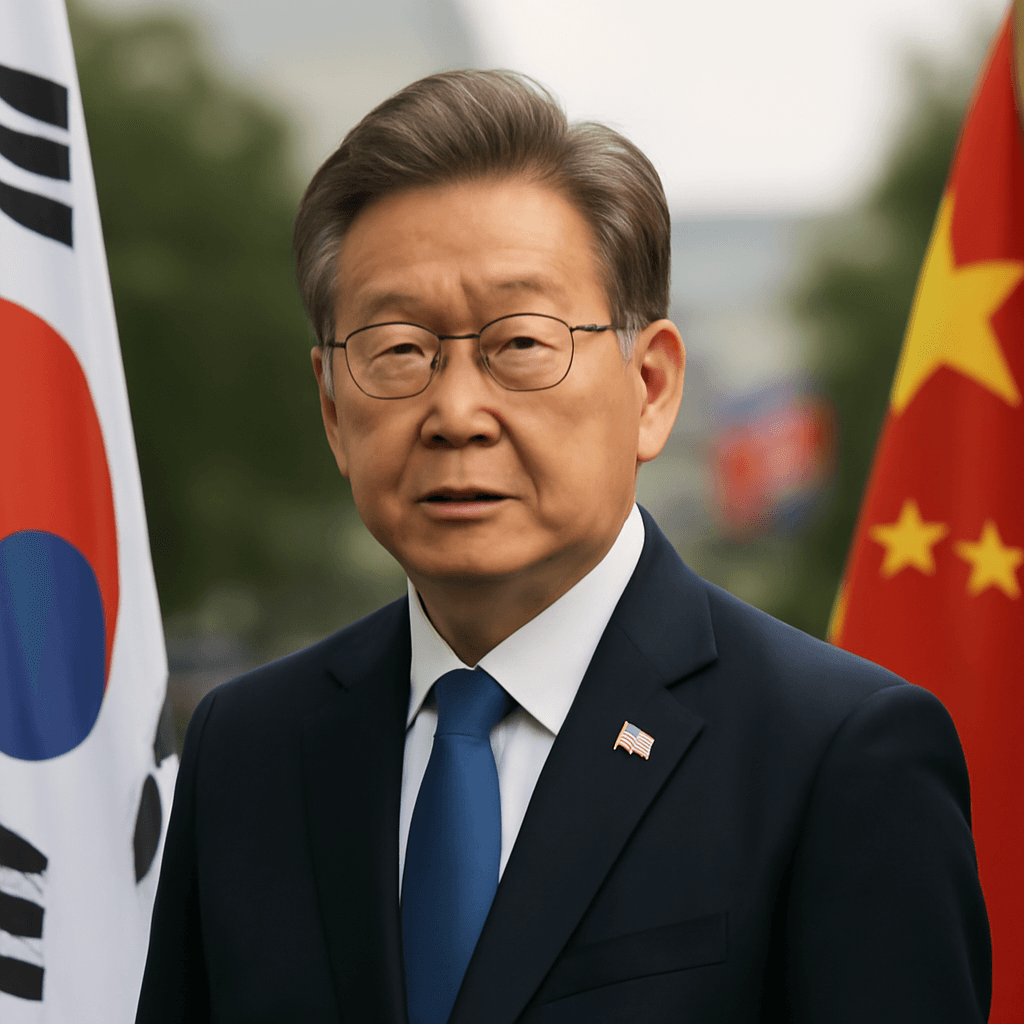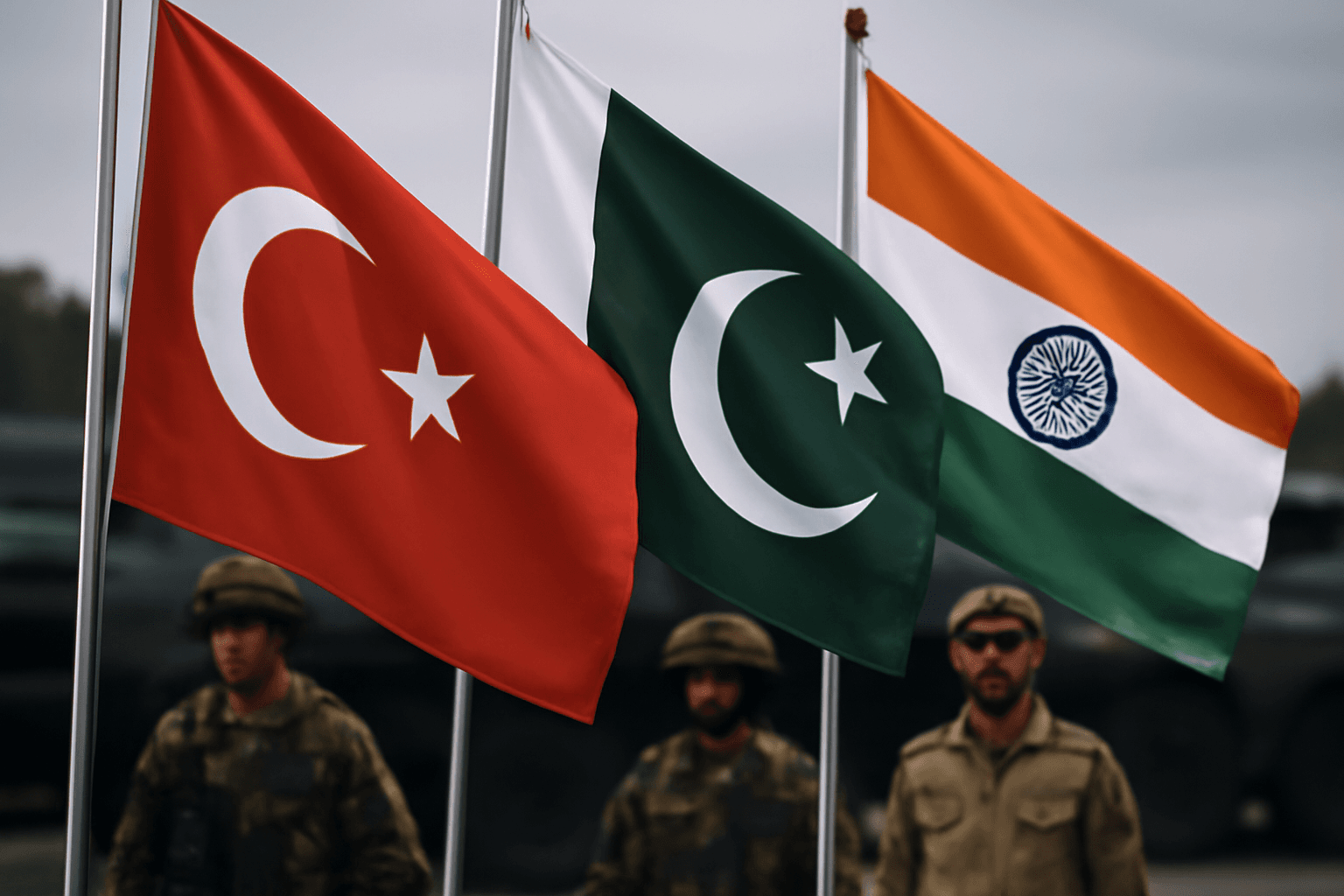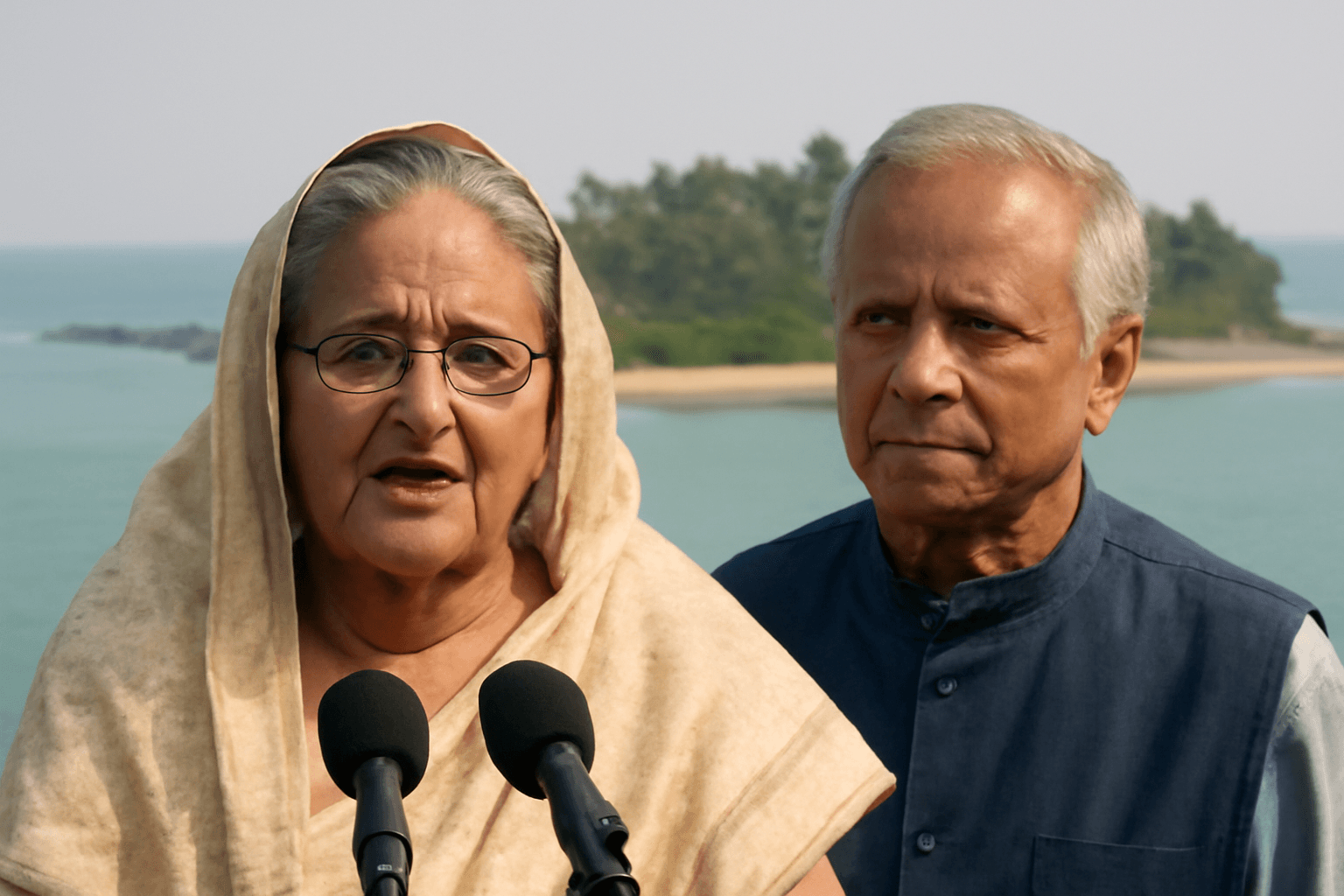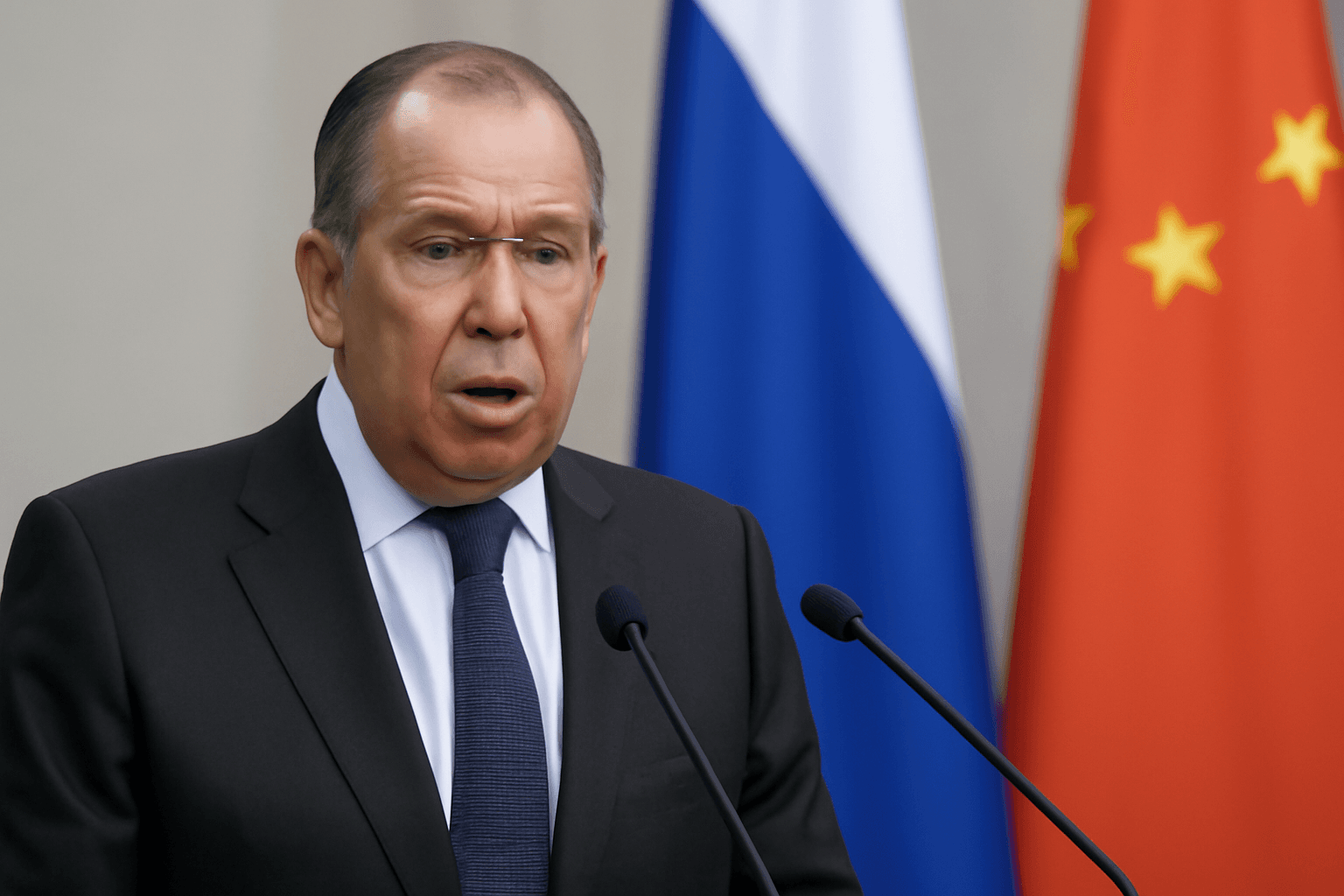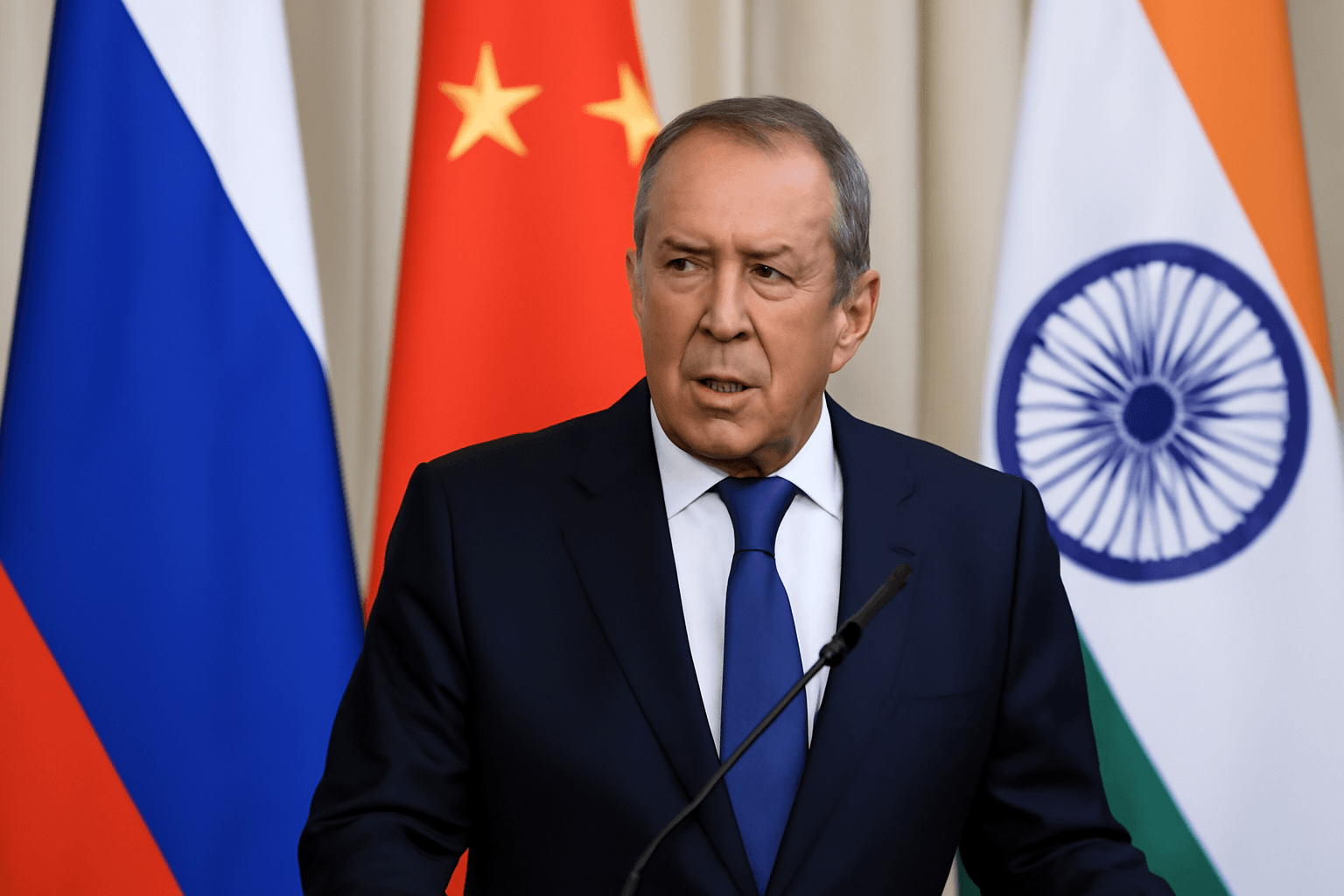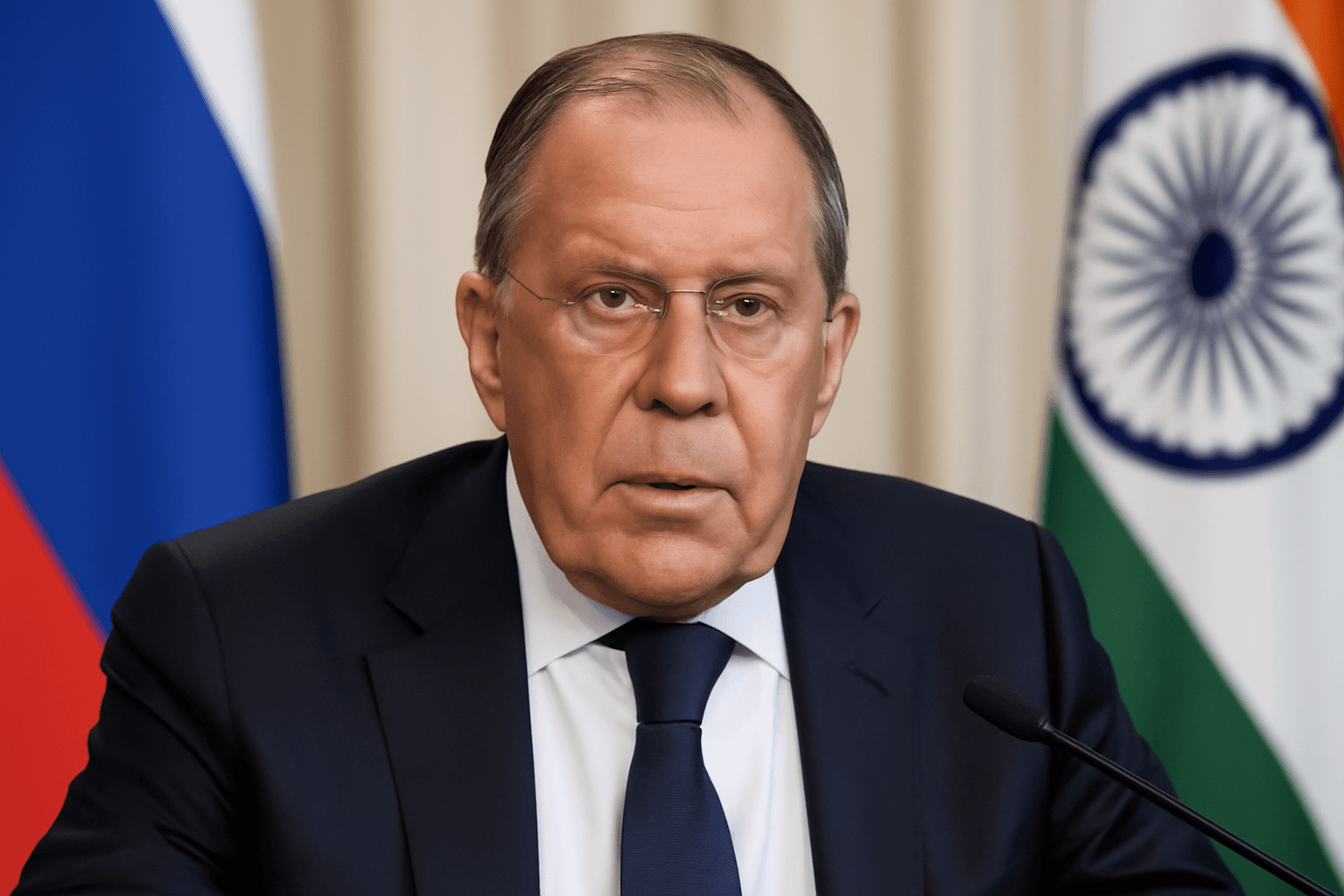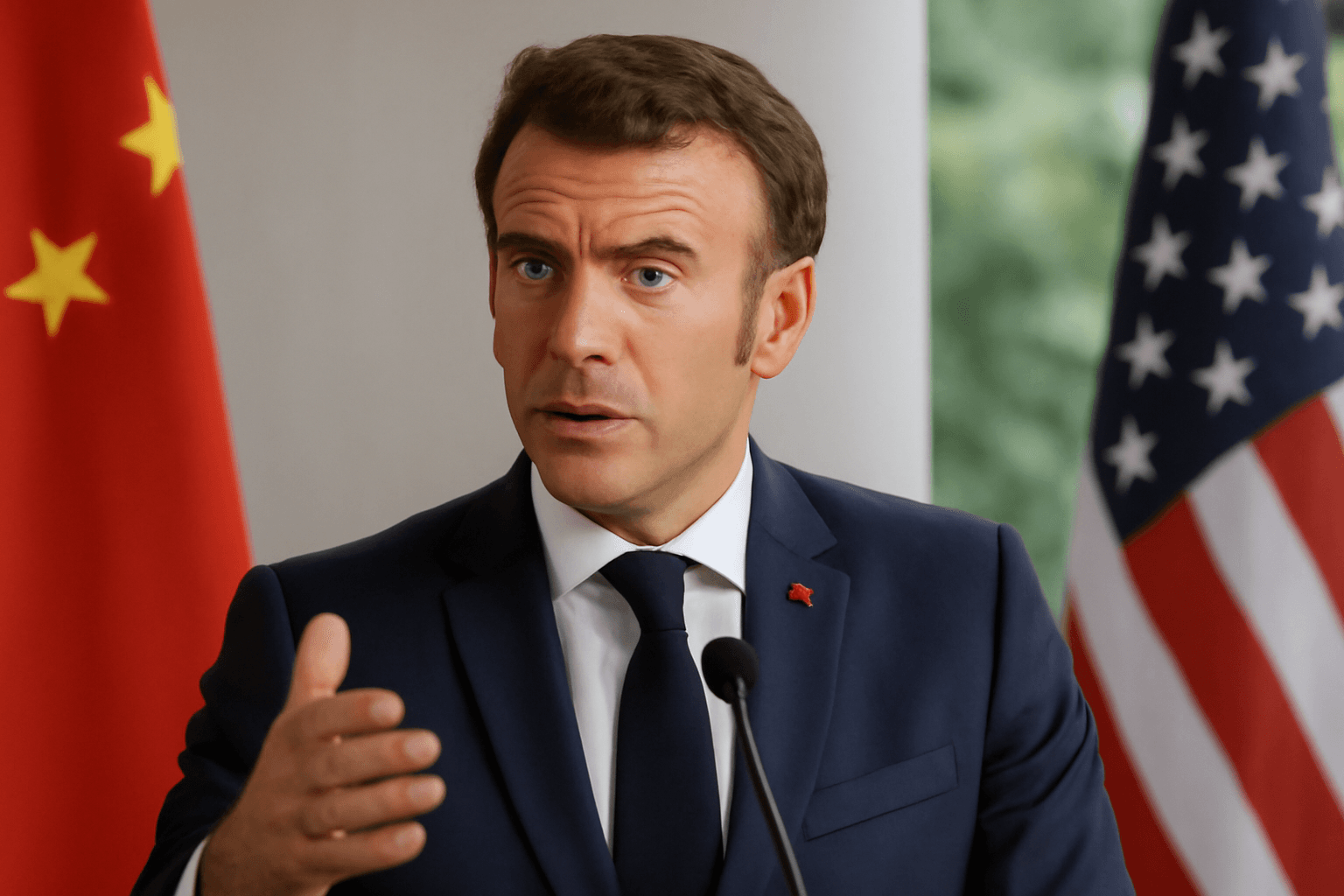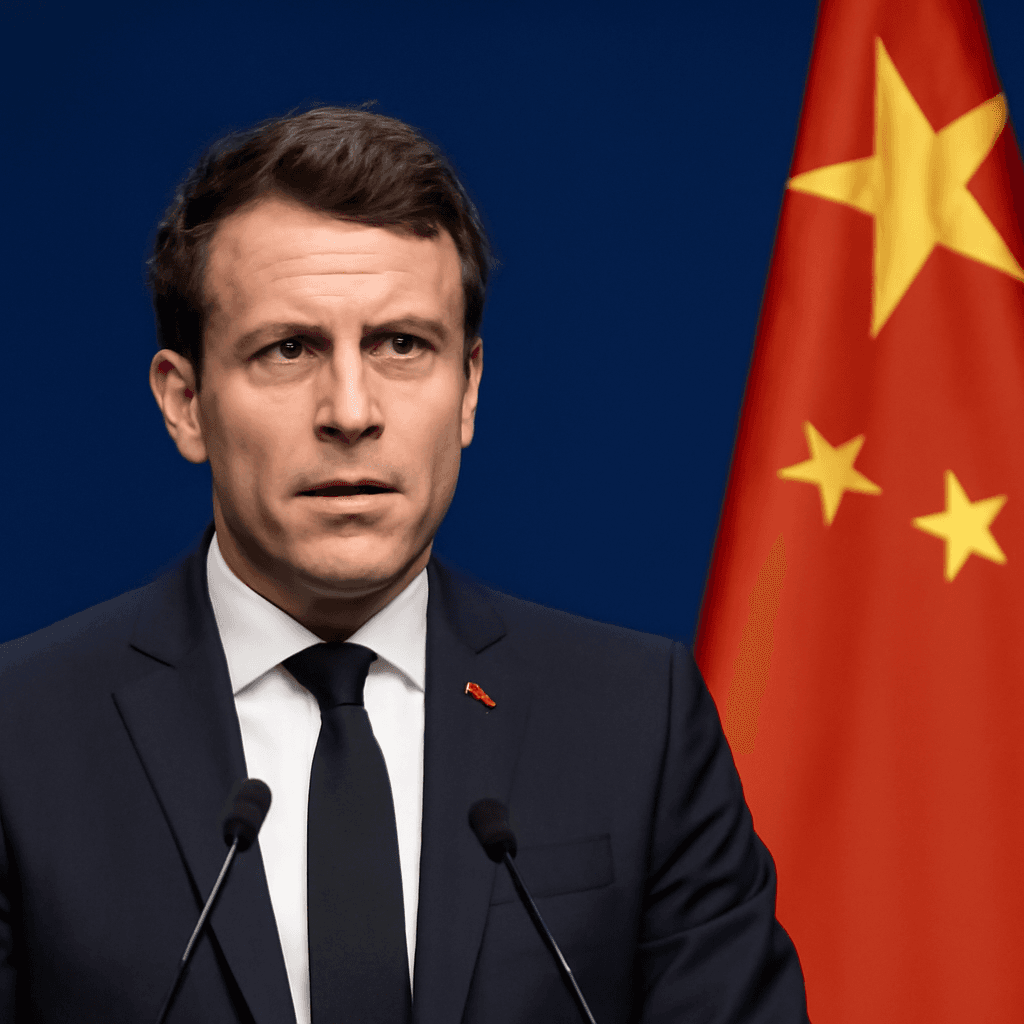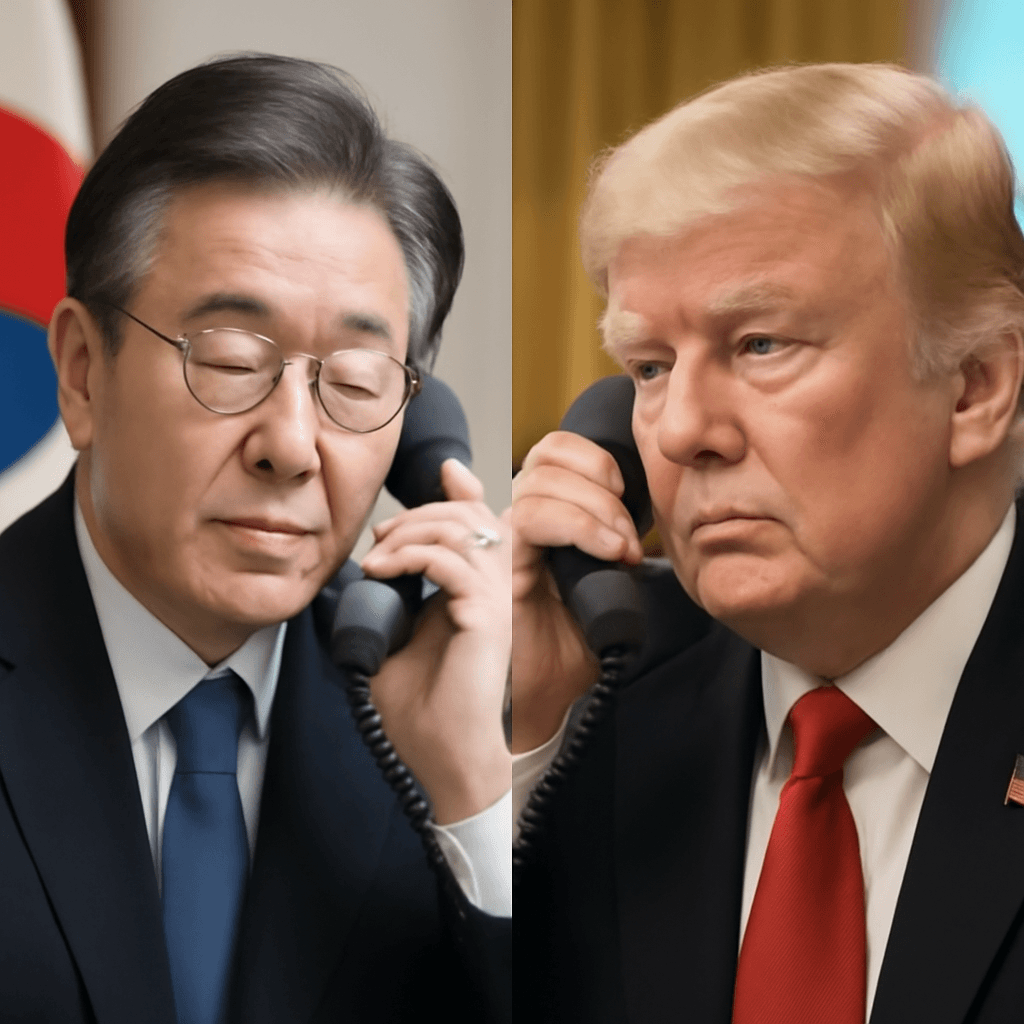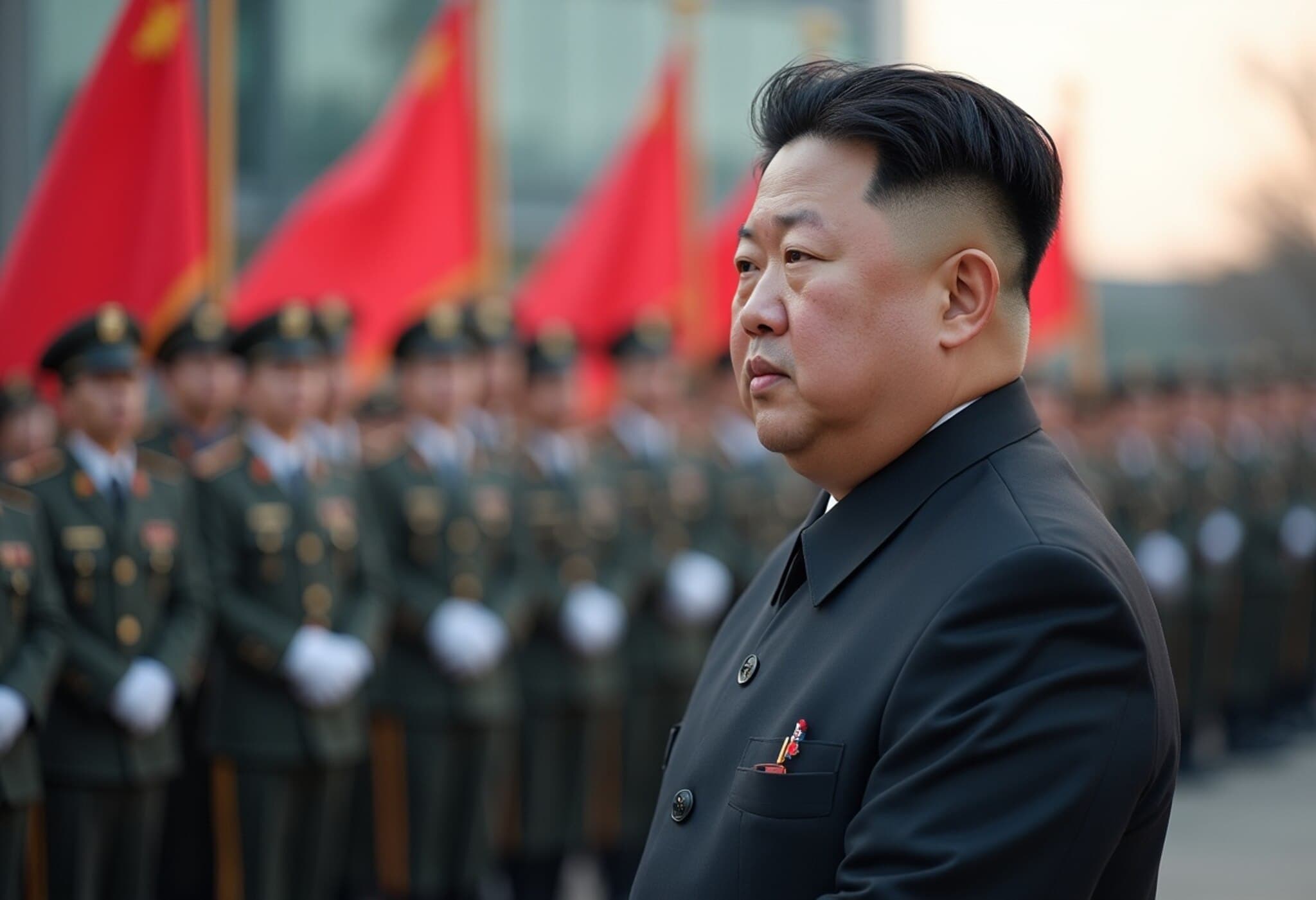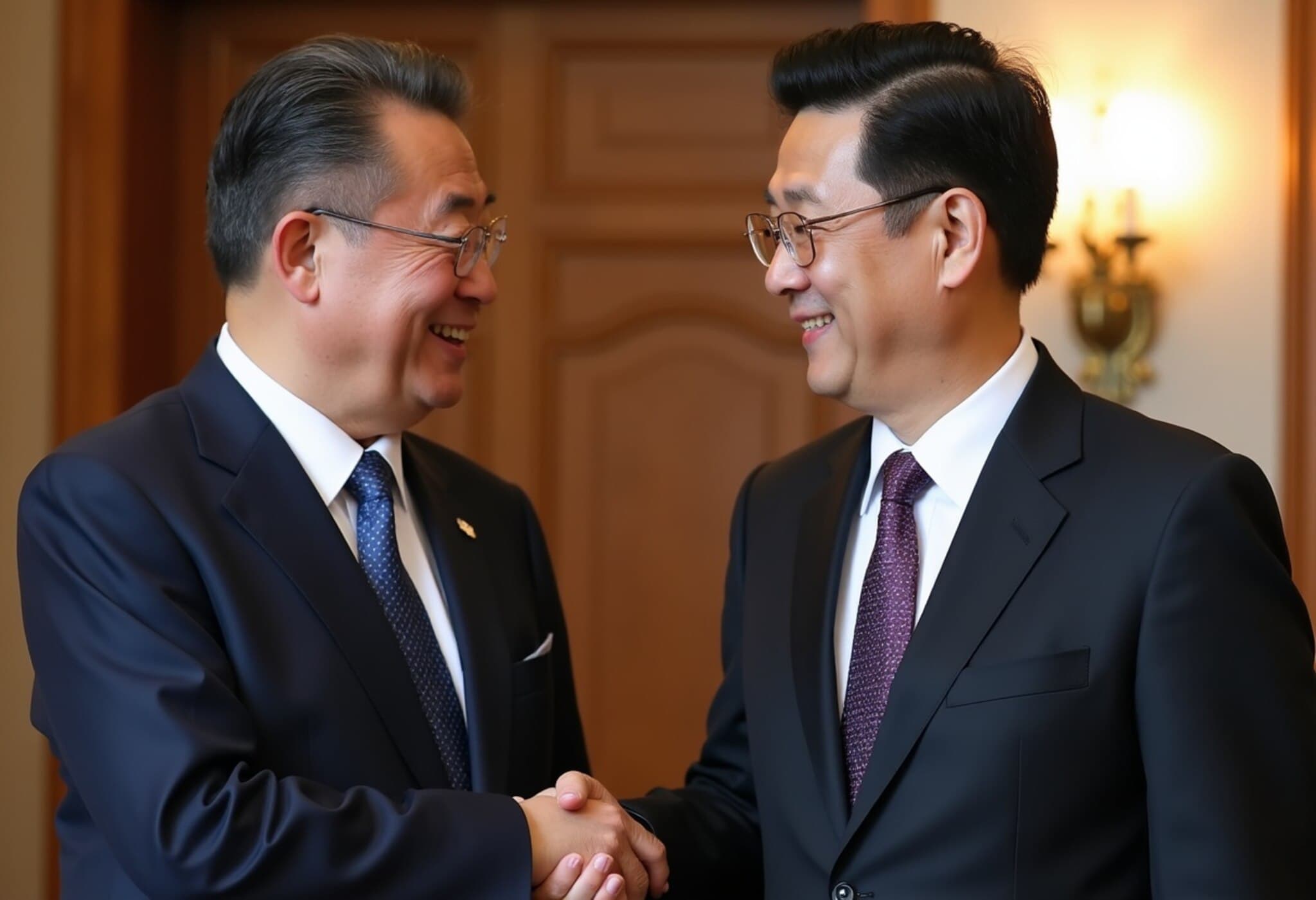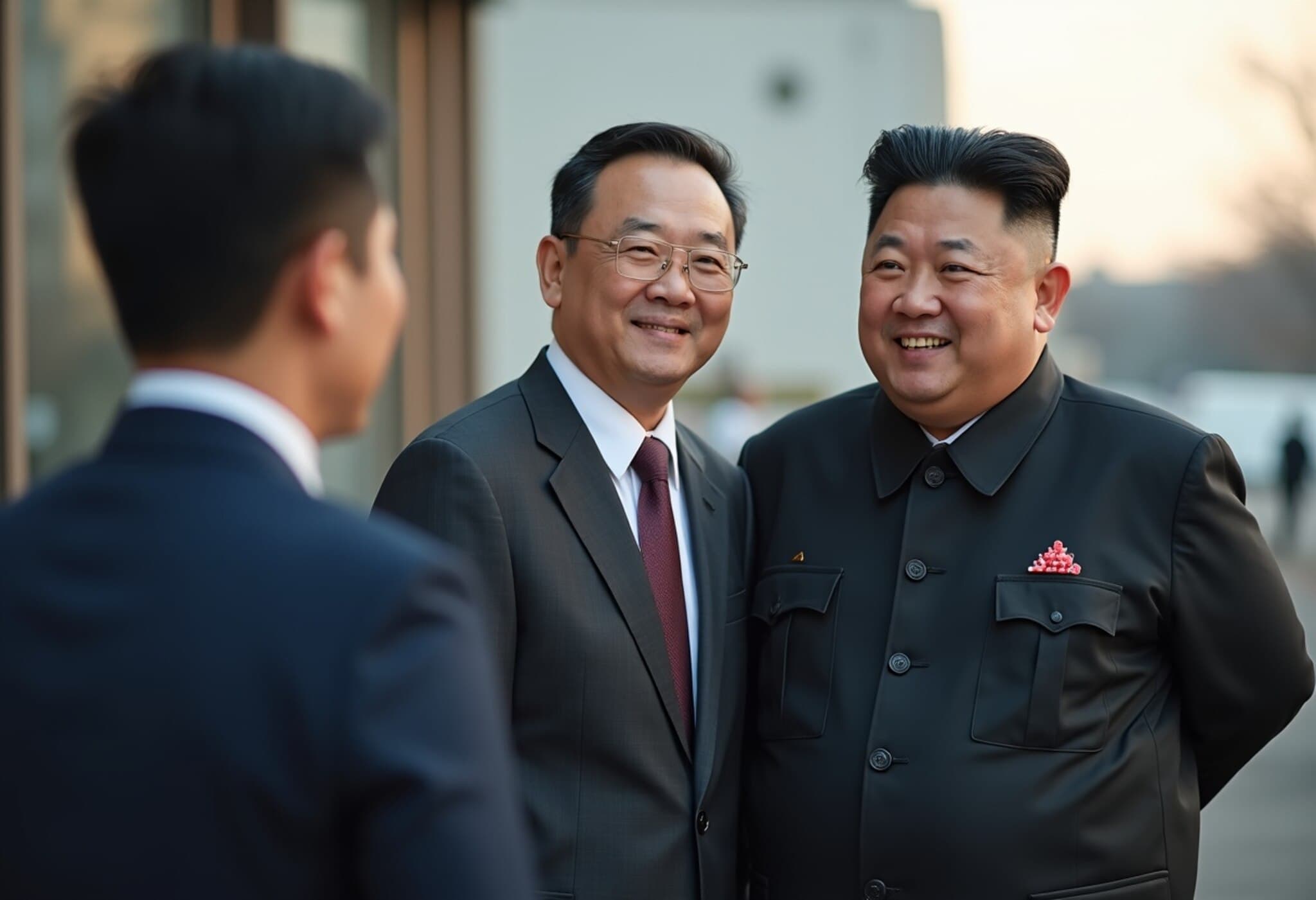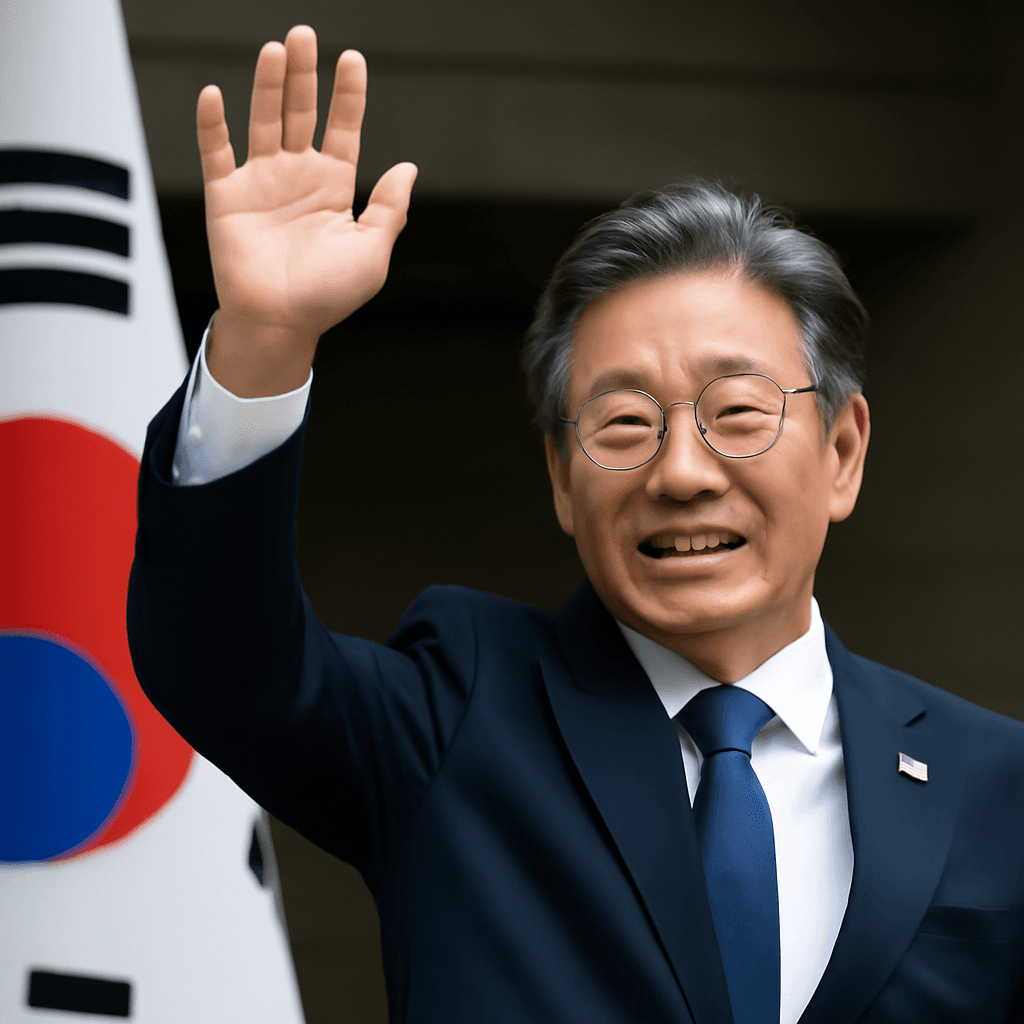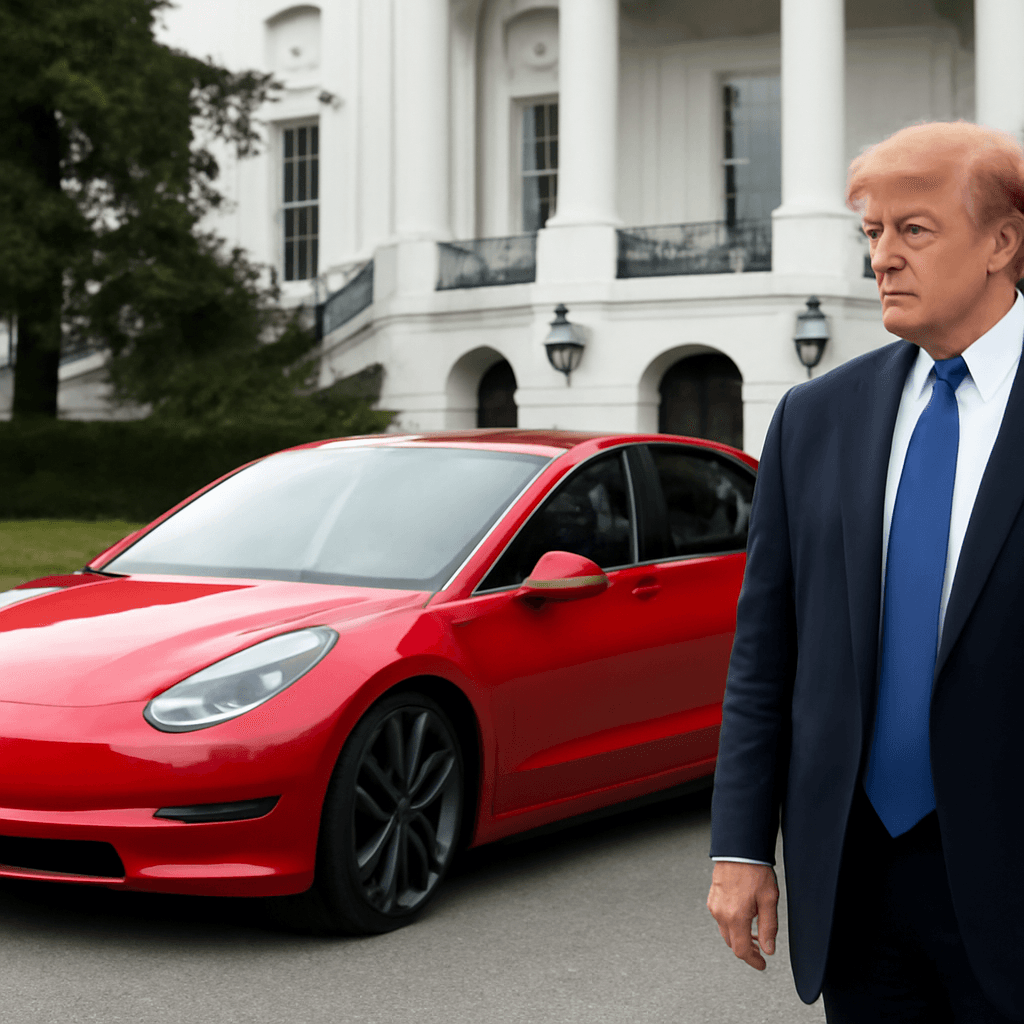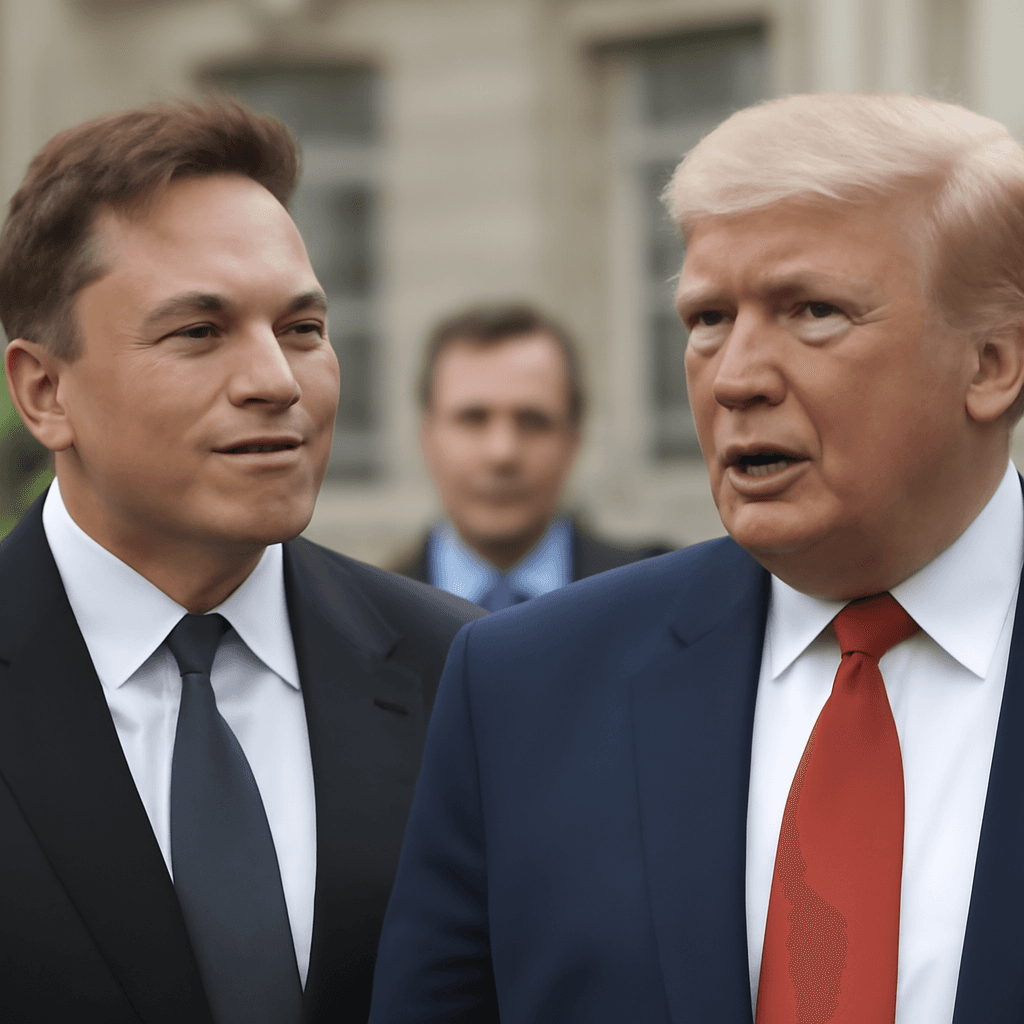Introduction
South Korea's newly elected president, Lee Jae-myung, emerges as a pragmatic leader focused on advancing national interests rather than adhering strictly to ideological lines. His approach signals a potential recalibration in South Korea's diplomacy, especially concerning its relations with the United States, China, and North Korea. This shift may create tensions with the former Trump administration's hardline stance on regional security.
Balancing Relations Between Washington and Beijing
Throughout his campaign, Lee emphasized South Korea's enduring military alliance with the United States, describing it as the "basic axis of our diplomacy." Nonetheless, he advocates for a more balanced foreign policy, urging South Korea not to rely exclusively on the U.S. and highlighting the importance of cultivating closer ties with China.
This nuanced approach challenges the confrontational posture adopted by the prior administration under Yoon Suk Yeol, which aligned closely with Washington’s rivalry against Beijing. Lee’s intent is to maintain robust ties with the U.S. while simultaneously engaging China within the framework of this alliance. However, an intensifying U.S.-China rivalry under the Trump administration's hawkish policies could complicate this balancing act.
Lee has cautioned against South Korea being compelled to choose sides, stating, "We should not put all our eggs in one basket." He further signaled resistance to any U.S. initiatives aiming to involve South Korea in conflicts concerning Taiwan or disputes in the South China Sea. Meanwhile, former U.S. President Trump has criticized South Korea's defense cost contributions and hinted at troop withdrawals, adding pressure to the bilateral security relationship.
Approach to North Korea
Another critical challenge for Lee is managing the evolving security threat posed by North Korea. Unlike the previous South Korean government, which adopted a confrontational stance and restricted information flow across the border, Lee’s Democratic Party historically favors engagement and peaceful coexistence.
In his inaugural speech, Lee committed to addressing North Korean aggression through "strong deterrence," underscored by the U.S.-South Korea military alliance. Simultaneously, he emphasized reopening dialogue channels to achieve peace via talks and cooperation, remarking that "Peace is always cheaper than war."
Reinforcing this intent, Lee appointed Lee Jong-seok, a former unification minister and architect of earlier engagement policies, as chief of the National Intelligence Service. However, the current geopolitical environment remains complex. Since January 2024, North Korea has labeled South Korea an "enemy," halted inter-Korean communications, and ceased joint economic projects like the Kaesong Industrial Complex.
North Korea and U.S. Policy Alignment
Despite differences on other issues, the Lee government and the Trump administration share an interest in resuming dialogue with Pyongyang. Trump previously became the first U.S. president to meet a North Korean leader while in office, promoting potential summit talks, though nuclear curtailment was not achieved.
Nevertheless, North Korea remains unlikely to engage constructively with either government. Its strategic alliance with Russia has strengthened, with reported enhancements to missile guidance systems and air defense capabilities aided by Moscow. North Korea's military advances and geopolitical posture pose ongoing challenges that require careful navigation.
Outlook and Challenges
The Lee administration confronts a precarious international landscape characterized by an escalating North Korean threat, diminishing U.S. security guarantees, and pressure to join regional counter-China military frameworks. Balancing diplomacy between major powers while ensuring national security and sustainable regional peace will shape South Korea's foreign policy trajectory in the coming years.

